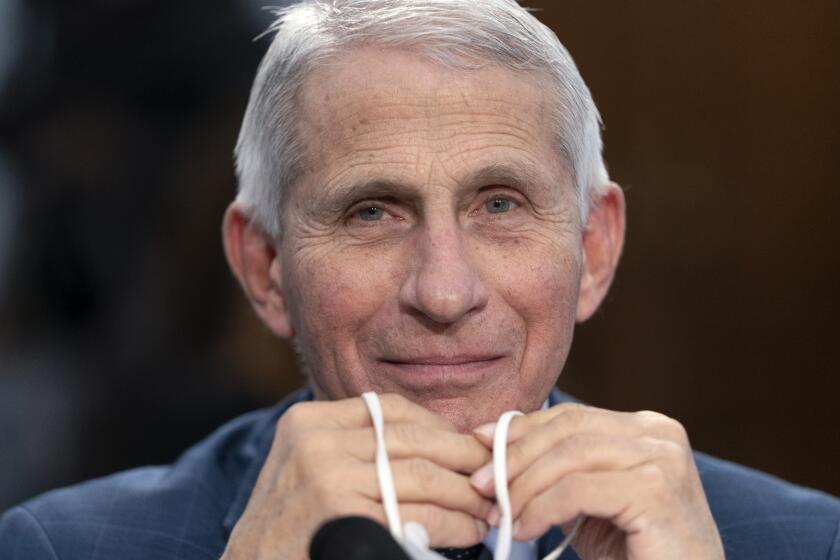Pentagon destroys former intelligence officer’s memoir
The author of an Afghanistan war memoir bought and shredded under the supervision of the Pentagon says his free speech rights have been violated.
Former military intelligence officer Anthony Shaffer said that all of the information the military claimed was classified — and therefore barred from being published in his book — also is available in unclassified and open-source documents.
Pentagon officials oversaw the destruction of the first edition of the book on Sept. 20 after telling Shaffer and his publisher, St. Martin’s Press, that the version contained more than 250 examples of classified information.
A revised edition of “Operation Dark Heart: Spycraft and Special Ops on the Frontlines of Afghanistan — and the Path to Victory”
was published Sept. 27 with large sections blacked out by Department of Defense censors. Shaffer contends the redactions were unnecessary and only were ordered to silence him.
“My 1st Amendment rights were sat on,” Shaffer said.
The government concluded days before the first edition was to go on bookstore shelves that the information was sensitive and stepped in to buy the entire first run from the publisher at cost.
“We have an obligation to prevent the unauthorized disclosure of classified information,” said Air Force Lt. Col. Rene White, a Pentagon spokeswoman.
News of the pulping of more than 8,000 of the first edition copies briefly shot sales of the book to No. 1 on Amazon.com. The book will be ranked No. 7 on the Oct. 17 New York Times hardcover nonfiction list, according to the publisher. Now in its fourth printing, “Operation Dark Heart” has more than 50,000 copies in circulation.
“Not only has the government turned the book into a bestseller, it has focused attention specifically on the information it wanted to conceal,” said Steven Aftergood, director of the Project on Government Secrecy at the Federation of American Scientists.
Among other material, the Pentagon wanted details blacked out about a U.S. intelligence program that penetrated a North Korean black market arms network in the 1990s, the discovery of an Iranian intelligence plot against U.S. soldiers in Afghanistan and a claim that a retired Afghan general became a “ticket into the heart of Al Qaeda” for the United States.
Defense Department officials also asked Shaffer to remove descriptions of his involvement in a data-mining operation launched before 9/11 that Shaffer says turned up the name of Mohamed Atta, the ringleader of the Sept. 11 attacks. But Shaffer said his claim about Atta is in the congressional record; he refused to remove it.
The destruction of the books has brought attention to how the U.S. government protects its most closely guarded secrets and what obligation intelligence agents have to protect the information after they have left their posts.
Intelligence agencies such as the CIA and the Defense Intelligence Agency — where Shaffer was a senior officer from 1995 to 2004 — have procedures for working with authors to review manuscripts before they are published to ensure the nation’s secrets aren’t revealed.
Shaffer, a lieutenant colonel in the Army Reserves, said he spent months working with his superiors in the reserves to show that everything in his book could be found in unclassified sources.
But top echelons of the Department of Defense and its intelligence arm, the DIA, were not part of the initial review of the book. “We are conducting an inquiry to determine how and why that happened,” White said.
Shaffer wants the Pentagon to allow him to publish a version of the book with the text in the blacked-out sections restored. He says he is mulling his legal options because he believes the Pentagon stepped in to silence him.
“I’m sure there are lots of authors who would dearly love to be punished in the same way,” said security expert Aftergood.
bbennett@tribune.com
More to Read
Sign up for our Book Club newsletter
Get the latest news, events and more from the Los Angeles Times Book Club, and help us get L.A. reading and talking.
You may occasionally receive promotional content from the Los Angeles Times.







